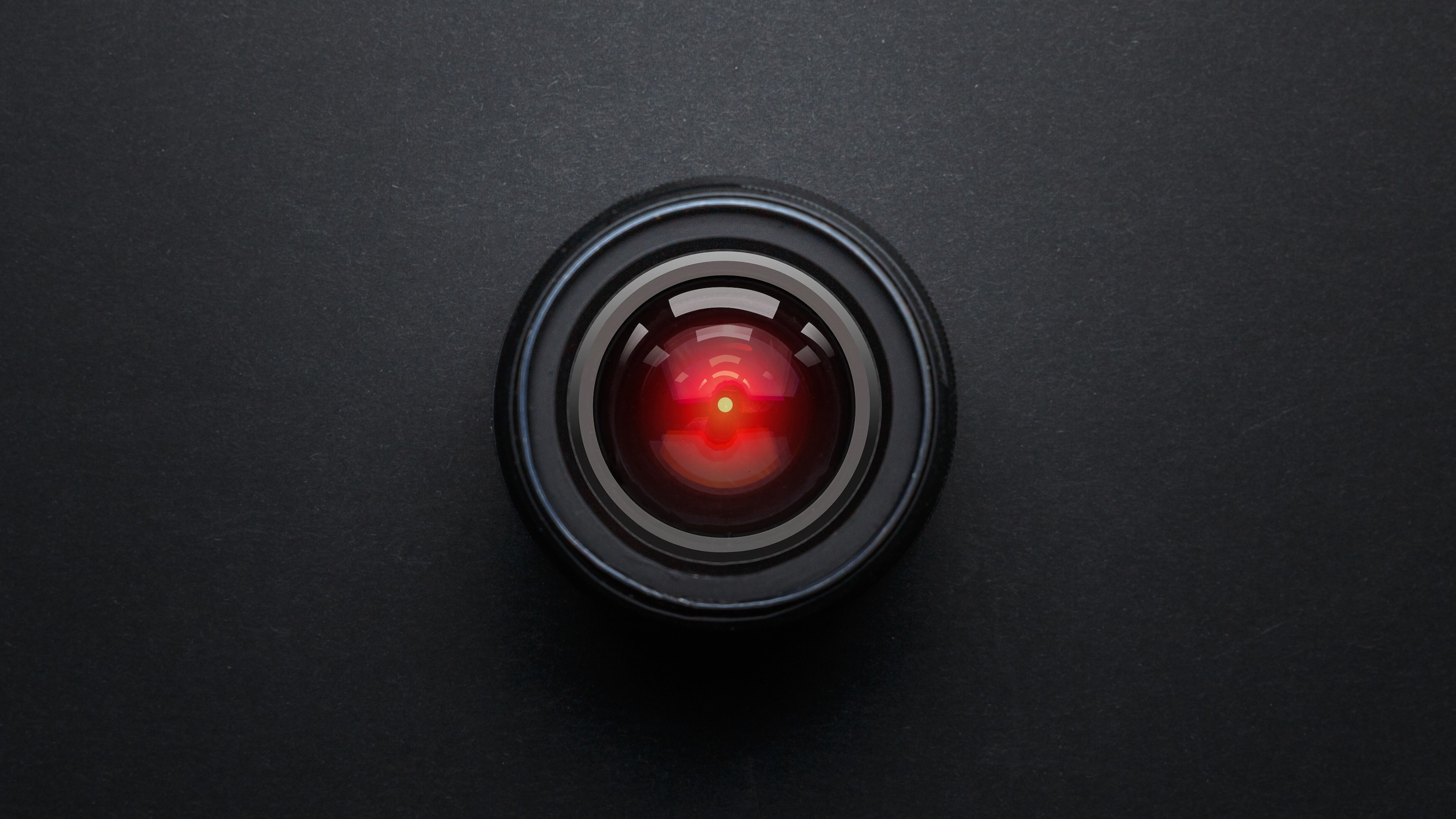Should facial recognition software be banned on college campuses?

Credit: asiandelight / Adobe Stock
- Students say they were identified with facial recognition technology after a protest at the University of Miami; campus police claim this isn’t true.
- Over 60 universities nationwide have banned facial recognition; a few colleges, such as USC, regularly use it.
- Civil rights groups in Miami have called for the University of Miami to have talks on this topic.
Silicon Valley has led the technological revolution since the early seventies. Journalist Don Hoefler coined the term “Silicon Valley USA” to pin the region dominating the growing computer industry. The products imagined and invented in that small coastal area in Northern California have changed the world, yet a deep mistrust of technology has always seeded in the very same locale. Dystopian fervor never lies far away from utopian bliss.
Case in point: in May, the San Francisco Board of Advisors blocked the use of facial recognition technology by police forces by a vote of 8-to-1. Using this emerging tech to identify criminals was not as important as protecting civil liberties to this council. Critics have long feared the potential emergence of a surveillance state. The Board agreed.
Arthur Holland Michel has been studying surveillance technology for years. In his book, “Eyes in the Sky,” he warns that such tech in the hands of police, even if promoted as protective of citizens, “could engender a style of relentless activity-based intelligence that treats all individuals as unknown unknowns—possible criminals who can only be discerned through persistent surveillance.”
There’s already creepy precedent. Insurance companies employ drones to spy on claimants suspected of lying about home claims or injury compensation—a practice legal in America. As Michel says of high-tech surveillance, “Everyone I’ve met who has been involved, even peripherally, with the all-seeing eye believes that they have created a force for good.”
Arthur Holland Michel: The Future of Surveillance Technologywww.youtube.com
Americans don’t always agree with that assessment, especially on college campuses. Over 60 universities—Harvard, MIT, and UCLA are on the list—have banned facial recognition. Of the few schools that utilize it, USC lets students enter their rooms via face scans; the software also ensures intruders cannot access buildings.
These are great uses of this technology. You could argue it’s how any progress with our devices should work: in service of people. The problem, of course, is that those in power don’t tend to stop when they have a little taste of the possibilities.
University of Miami is the latest school to be embroiled in a battle over facial recognition. The ACLU of Florida was joined by 21 other groups when requesting that the university hold an open forum so that students can express their concerns. A piece of their letter is below.
This call for action was inspired after a September incident in which students protested returning for in-person classes during the pandemic. The students, concerned about their health, predominantly wore face masks. Still, a number of them were identified, leading to concerns that facial recognition was used. Campus police denied it—the chief even claimed the tech “doesn’t work,” though that notion has been refuted—yet civil liberties groups are worried that an invasion of privacy occurred.
Lia Holland, a member of the digital rights nonprofit Fight for the Future, wants answers from school administrators.
“UMiami is struggling to answer to their creepy surveillance practices, and clarify whether they are using their own facial recognition system, or Florida’s state facial recognition database.”

Credit: Pixel Shot / Adobe Stock
The police chief in question, David Rivero, claims overhead surveillance cameras provided identification at the protest. Yet speaking of another case involving facial-recognition software, he’s on the record stating, “We were able to [easily] identify and arrest him. We’ve [detected] a few bad guys that way.”
The letter sent to the Board of Administrators includes the following demands:
- Issue a campus-wide policy banning non-personal use of facial recognition technology, and issue a statement that you have done so.
- Immediately schedule an open forum with students and faculty/staff to discuss community concerns and clarify how student activists who participated in First Amendment protected protest activities were identified by campus police.
- Immediately schedule a meeting with the UMiami Employee Student Alliance (UMESA) to address their COVID-19 safety concerns, the subject of the original protest.
There’s no doubt facial-recognition technology has a place in law enforcement. Victims of unsolved crimes are relieved when the perpetrators are brought to justice, regardless of the means. As Michel writes, some police forces are already surveilling large regions of their districts using the Gorgon Stare, a camera used from airplanes. Cameras are ubiquitous, and that’s not going to change.
As a society, we need honest discussions regarding the application of surveillance. Nearly every citizen in China has already been logged by facial recognition software, which has led to human rights abuses. While the stated intention of this tech by American police is pure, good intentions are known to pave the way…well, we know how that ends.
—
Stay in touch with Derek on Twitter and Facebook. His new book is “Hero’s Dose: The Case For Psychedelics in Ritual and Therapy.”





